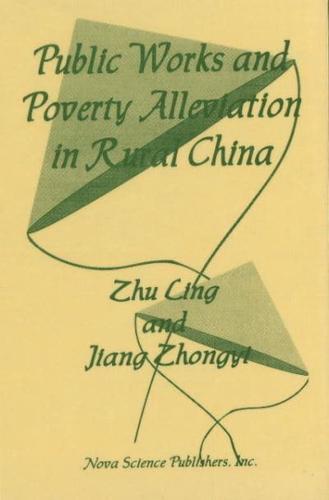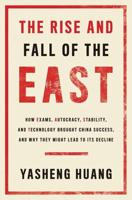Publisher's Synopsis
Poverty alleviation is a common issue facing the majority of the Third World countries. Since the 1970s, the fact that the number of the poor in some developing countries has increased together with the fact that economic growth has aroused widespread concern of the international community. Therefore, development economics stressed the trade-off between "efficiency" and "equity" under special circumstances and clearly differentiated the concept of "growth" from "development." From then on, how to alleviate and eliminate poverty while pursuing economic growth became a development issue. At present, poverty in China is manifested as regional poverty in the rural society. Unlike the countries which allow free migration of population, the poor of China are concentrated in rural areas. This study focuses on the examination of the role of "Yigong-daizhen" projects in poverty alleviation.










